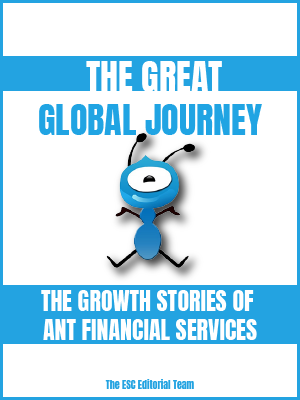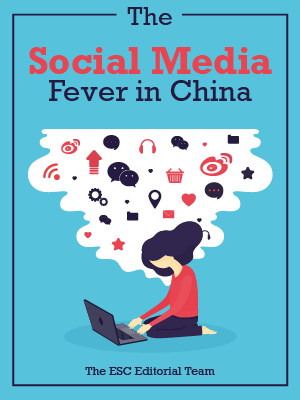Ecommercestrategychina.com uses cookies and other technologies to provide you a better browsing experience. You can get more information regarding the use of cookies, or decline it whenever by clicking Privacy Policy. By using this site or clicking “Okay”, you give us the consent to the use of cookies.
OKAY
Insurance has long been a hotspot for internet companies.
On 11th October, 2017, Weimin Insurance Company, whose 57.8% shares are held by Tencent, was granted an operating license, which means Tencent is able to launch insurance business on its social media apps WeChat and QQ. Not long before that, Hangzhou Baojin Insurance Company under the control of Alipay, the payment affiliate of Alibaba, was also reportedly permitted to provide insurance service. The insurance industry is becoming the new battleground for these two internet behemoths.
If you take a careful look at several of China’s large internet platforms, you will find that most of them provide insurance services: travel websites, such as Ctrip and Qunaer, offer travel insurance and life insurance besides aviation accident insurance and delay insurance; e-commerce platforms, including JD and Netease, have their “independent online insurance malls”, and even the ride-hailing applications are trying to do something specifically on vehicle insurance.
As the two biggest online platforms with users over 600 million in China, Alipay and WeChat’s moves to grab the booming market for online health insurance show some differences from that of platforms mentioned above.
On the one hand, they present their insurance products in a more “interesting and high-tech” way. For example, Alipay has launched a reward-points-based free health insurance service for users, and those under the age of 60 can accumulate their free insurance coverage every time they make a payment with Alipay offline. WeChat also launched a promotional event which allows users to pay RMB 2 for an accident insurance or buy it for their friends as gifts. On the other hand, with a strong economic foundation, they are able to provide insurance products at a lower price than their competitors, posing a major threat to those traditional insurance agents who rely on high brokerage costs.
The two giants’ entry is bound to have a significant effect on the current insurance industry. For one thing, insurance companies will be urged to redefine their functions from marketing to underwriting after insurances are available on online platforms. In the past, insurance companies sold their products through channels and agent teams but now people can choose and buy them simply and directly on internet platforms. No information asymmetry will exist and insurance companies will have to reduce their premiums.
Additionally, the emerging internet insurance mode will help create products that cater to the real demands of customers. There is an obvious problem that many people in need of protection such as the elderly or groups who are not qualified for certain physical conditions like HIV carriers and breast or thyroid nodules - despite the fact that they account for a large proportion of the population - can hardly find a suitable insurance product. Insurance for these groups were rarely on offer because insurance companies must consider profitability and they prefer to develop products applicable to a wider range of people. Whilst there are some companies intending to develop such products, it is hard to complete an accurate development process without a platform to find out about customers’ needs and obtain sufficient samples data. Alipay and WeChat, as outstanding models with massive consumer data and user interaction, are expected to be extremely helpful in solving this problem.
Now we can look forward to some new things that Alibaba and Tencent will bring to the insurance industry of the future. For example, there may be a popular series of car insurance or housing insurance or one-year-valid aviation accident insurance or even shipping insurance for returned goods on Taobao (the biggest online shopping website in China). Let’s just wait and see.

Please Login to add comments.

$9.99 $19.98

$9.99 $19.98